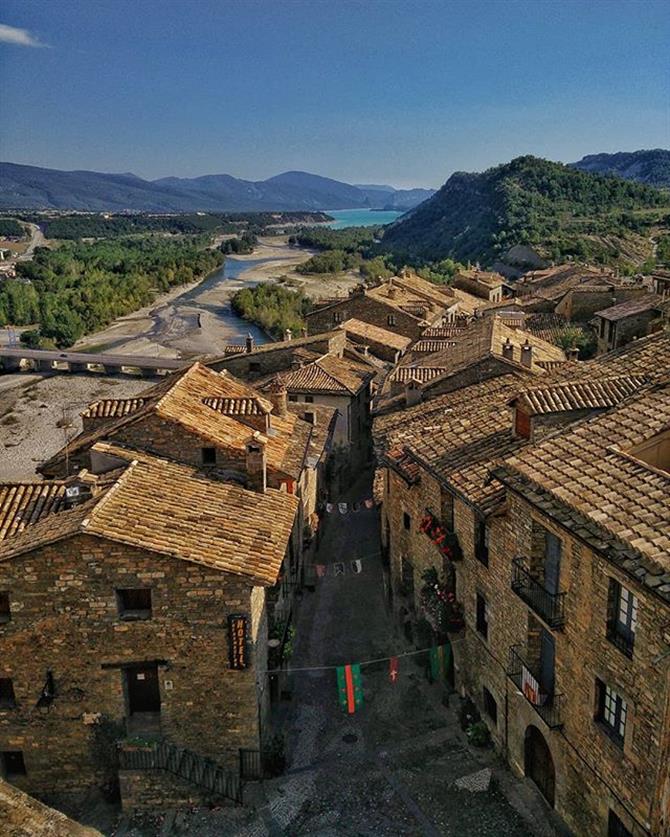- The CNMC has analysed the draft decree on rural houses of Aragon and considers that it establishes barriers to new establishments.
- The existing rural houses are registered, without the requirement, while the new rental properties must fulfil them.

In its report, the CNMC examines the implications that the decree will have on competitiveness and in which the rural houses are regulated and their classification, rated from 1 to 5, and with three modes: -
- shared accommodation within the family home,
- rural house by rooms or
- full rental of the property.
According to the report, the requirements of the regulation "increase the costs of access to the market and the exercise of the activity and can become barriers to market access and distort competition"
It is pointed out that the draft decree is more interventionist than the current decree and imposes "strict requirements to obtain a classification as a rural house that are not justified under reasons of public interest", standards that may imply "a restriction of the offer and an unjustified limitation of the effective competition ".
It also questions the current method of self-regulation through the user assessment platforms or the provision of more information to customers when making reservations.
The CNMC, in addition, demands more clarity in the wording of the decree, since it is not defined if the rural accommodation providers are exclusively companies or can also be private individuals.
In any case, it points out that allowing room rentals in shared family dwellings "seems to be inconsistent with the regulation of tourist housing, which does not allow such modality", which is why in its report, the Commission suggests unifying the criterion, with a regulation that contemplates both possibilities.
Discriminations and barriers
The requirement that the rural house must be of "traditional architecture" and be located in towns or villages of less than 2,000 inhabitants "is not adequately justified in terms of the territorial and social organization of Aragón" and, in addition, is restrictive to who can obtain the licence for rural rentals, which could have discriminatory effects.
With regards to prices and reservations, the draft decree, which covers the possibility of collecting the prices, in an indicative manner, of the accommodations in official guides or catalogues, could lead to the agreement of operators. For this reason, the Commission recommends this point be removed from the new regulations.
On the other hand, the transitory regime of the regulation favours the existing rural houses, since they will be inscribed ex officio even if they do not meet the requirements of the new regulations whereas new applicants will have to comply with "more exhaustive requirements", which means "a difference of treatment in the form of unjustified competitive advantage ". The CNMC recommends reviewing this aspect to avoid discrimination, which is a barrier to entry.
The Commission reminds that when the public administrations present new regulations that affect economic activity, they are obliged to apply the least restrictive measures and be motivated by the protection of the public interest pursued.
Original article in Spanish: https://www.hosteltur.com/109742_competencia-ve-excesivas-restricciones-en-la-ley-de-casas-rurales-de-aragon.html
